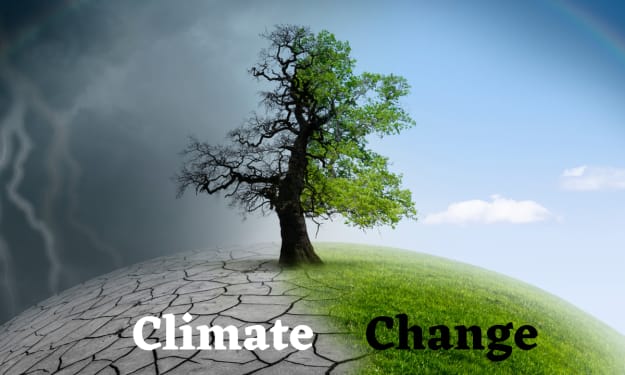The Evolution of the Universe: From the Big Bang to the Present
Big bang theory

The universe is incredibly vast and complex system, which has undergone remarkable evolution since its inception. According to the prevailing cosmological model, the universe began with the Big Bang, cataclysmic explosion that occurred approximately 13.8 billion years ago. Since then, the universe has expanded and cooled, giving rise to the formation of galaxies, stars, and planets, and eventually leading to the emergence of life as we know it.
The Big Bang Theory is the most widely accepted explanation of the origin of the universe. It proposes that the universe began as an infinitely small and dense point known as a singularity, which rapidly expanded and cooled in a fraction of a second, a process known as inflation.
In the first few seconds after the Big Bang, the universe was dominated by a plasma of subatomic particles, such as protons, neutrons, and electrons, which interacted through strong and weak nuclear forces.
As the universe expanded and cooled further, the plasma began to cool and condense, giving rise to the first atoms, mostly hydrogen, and helium. These atoms then clumped together under the influence of gravity to form the first stars and galaxies.
The first stars were much larger and more massive than those we observe today and burned through their fuel much more quickly, resulting in spectacular explosions known as supernovae.
The formation of galaxies and stars marked critical turning point in the evolution of the universe. These structures are responsible for generating and distributing the heavy elements, such as carbon, nitrogen, and oxygen, that are essential for the formation of life.
Moreover, the gravitational interactions between stars and galaxies have shaped the large-scale structure of the universe, leading to the formation of clusters and superclusters of galaxies.
One of the most intriguing features of the universe is its accelerating expansion. In the late 1990s, astronomers discovered that the expansion of the universe was not slowing down as expected but was, in fact, accelerating. This unexpected finding was attributed to mysterious substance known as dark energy, which is thought to permeate all of space and drive the accelerated expansion of the universe.
The discovery of dark energy has profound implications for the future of the universe. If dark energy continues to drive the accelerated expansion, it will eventually overcome the gravitational attraction between galaxies, causing them to move away from each other at ever-increasing rate. In this scenario, the universe will continue to expand indefinitely, becoming increasingly cold and dark over time.
On the other hand, if dark energy weakens or changes over time, it may eventually lead to reversal of the universe's expansion, causing it to collapse in on itself in process known as the Big Crunch. Alternatively, some scientists have proposed the existence of multiple universes, each with its own physical laws and properties, in which case the ultimate fate of our universe may be determined by the interaction between these universes.
In conclusion, the evolution of the universe is fascinating and ongoing process that has captivated the imagination of scientists and the general public alike. From the explosive birth of the universe in the Big Bang to the formation of galaxies, stars, and planets, and the emergence of life, the universe is complex and dynamic system that continues to reveal new insights and mysteries. While the ultimate fate of the universe remains uncertain, the study of cosmology promises to provide us with ever-deeper insights into the nature of our universe and our place within it.
If you love this article give it a like and share it with love.
Visit my profile to read more stories about motivation, the universe, humans, and earth.
About the Creator
MD
I am a poet and writer, entwined in passionate embrace with souls of poets, penning love letters to their words.
If you love my poets give a like, leave comments and share them with love. Don't forget to subscribe to my profile.
Thank you!
Enjoyed the story? Support the Creator.
Subscribe for free to receive all their stories in your feed. You could also pledge your support or give them a one-off tip, letting them know you appreciate their work.






Comments
There are no comments for this story
Be the first to respond and start the conversation.